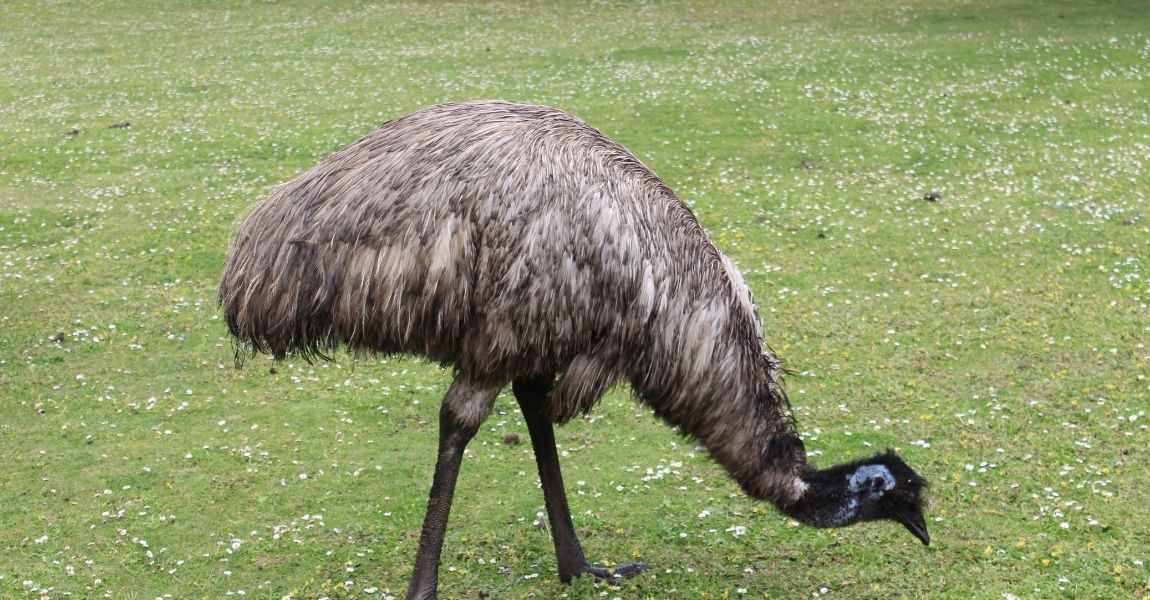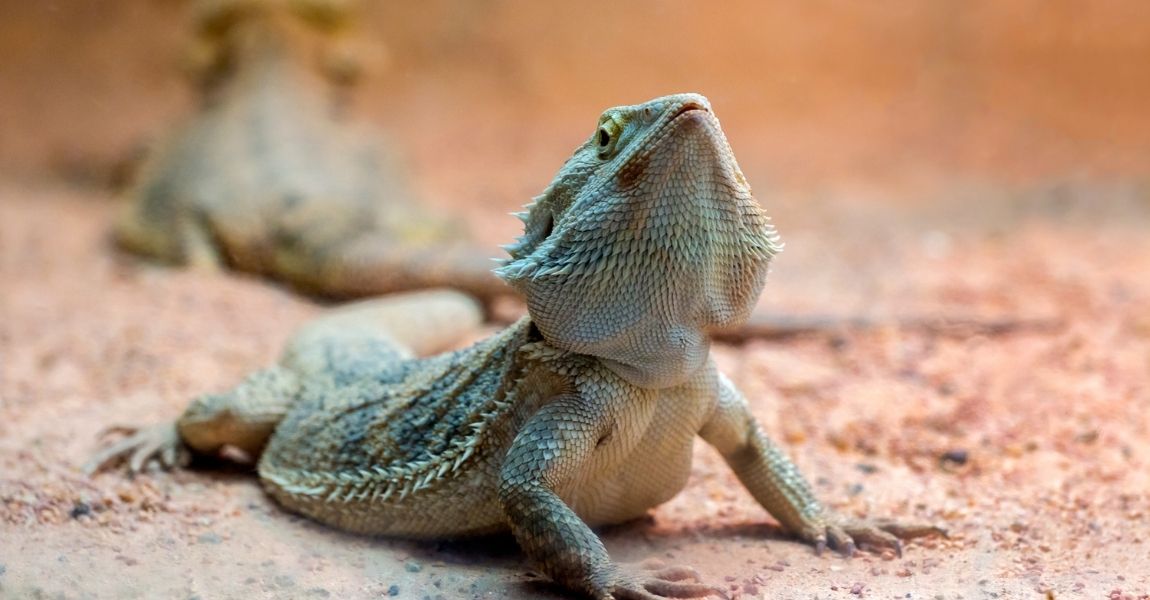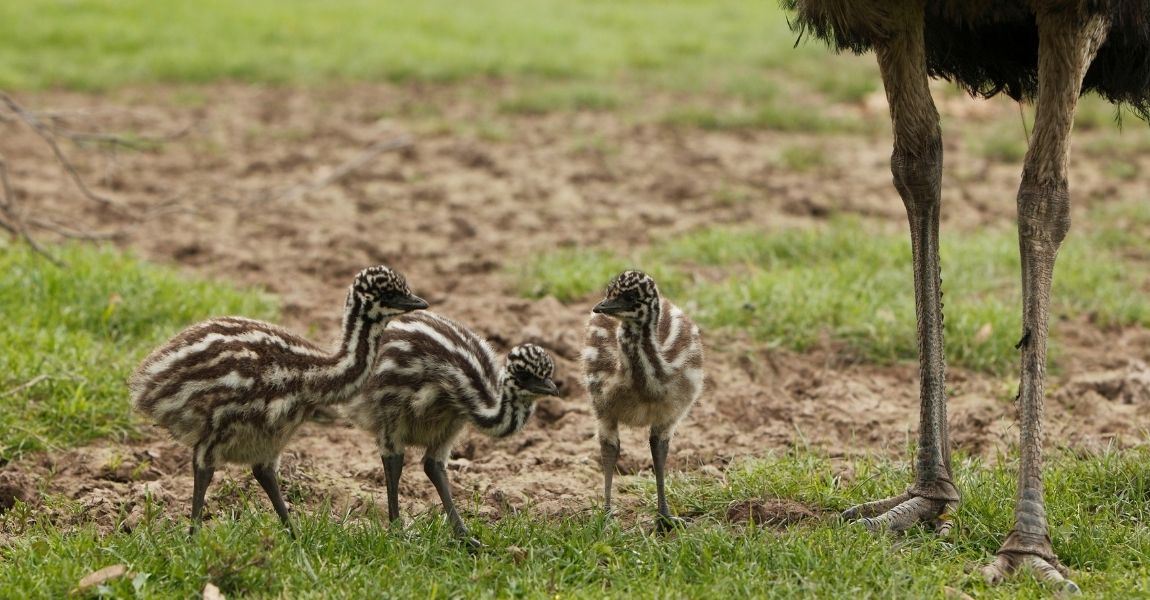Introduction:
Emus are fascinating flightless birds known for their large size and distinctive appearance. They are native to Australia and are primarily herbivorous, feeding on a variety of plants, fruits, seeds, and insects. Just like any other animal, emus require a well-balanced diet to ensure their optimal health and well-being.
 Understanding the Nutritional Needs of Emus:
Understanding the Nutritional Needs of Emus:
Emus need a diet that meets their specific nutritional requirements, including protein, carbohydrates, fats, vitamins, and minerals. It is crucial to replicate their natural diet as closely as possible to maintain their health in captivity.
Emu Diet Components:
The following components should be included in an emu diet plan:
a. Plant Material: Emus primarily feed on various plant materials such as grasses, leafy greens, and fruits. They should be provided with a variety of these options to ensure a diverse nutrient intake.
b. Protein: Emus also require protein in their diet. In their natural habitat, they consume insects and small animals. In captivity, a source of lean protein, such as mealworms or crickets, can be offered.
c. Water: Access to clean, fresh water is essential for emus. Ensure they have a constant supply of water that is easily accessible.
d. Grit and Minerals: Emus need grit, such as small stones or sand, to aid digestion. Additionally, a mineral supplement specifically formulated for emus can help meet their mineral requirements.
 Feeding Guidelines:
Feeding Guidelines:
Here are some guidelines to consider when creating an emu diet plan: a. Variety: Offer a wide variety of plant materials to mimic their natural feeding habits. Include options like grasses, leafy greens (e.g., lettuce, kale), fruits (e.g., melons, berries), and vegetables (e.g., carrots, squash). b. Balanced Nutrients: Ensure the diet provides a balance of carbohydrates, proteins, and fats. Monitor the fat content to prevent excessive weight gain. c. Freshness and Cleanliness: Emus prefer fresh food, so regularly check and remove any spoiled or wilted items. Clean their feeding areas to prevent the growth of harmful bacteria. d. Feeding Schedule: Determine an appropriate feeding schedule for emus, considering their age, health, and activity level. Young emus typically require more frequent feedings than adults.
Conclusion:
Providing a well-balanced and nutritious diet is crucial for maintaining the health and vitality of emus. By replicating their natural feeding habits and incorporating a variety of plant materials, lean protein sources, and essential nutrients, you can ensure the well-being of these magnificent birds. Remember to consult with experts and regularly monitor their health to make adjustments to their diet plan as needed.






